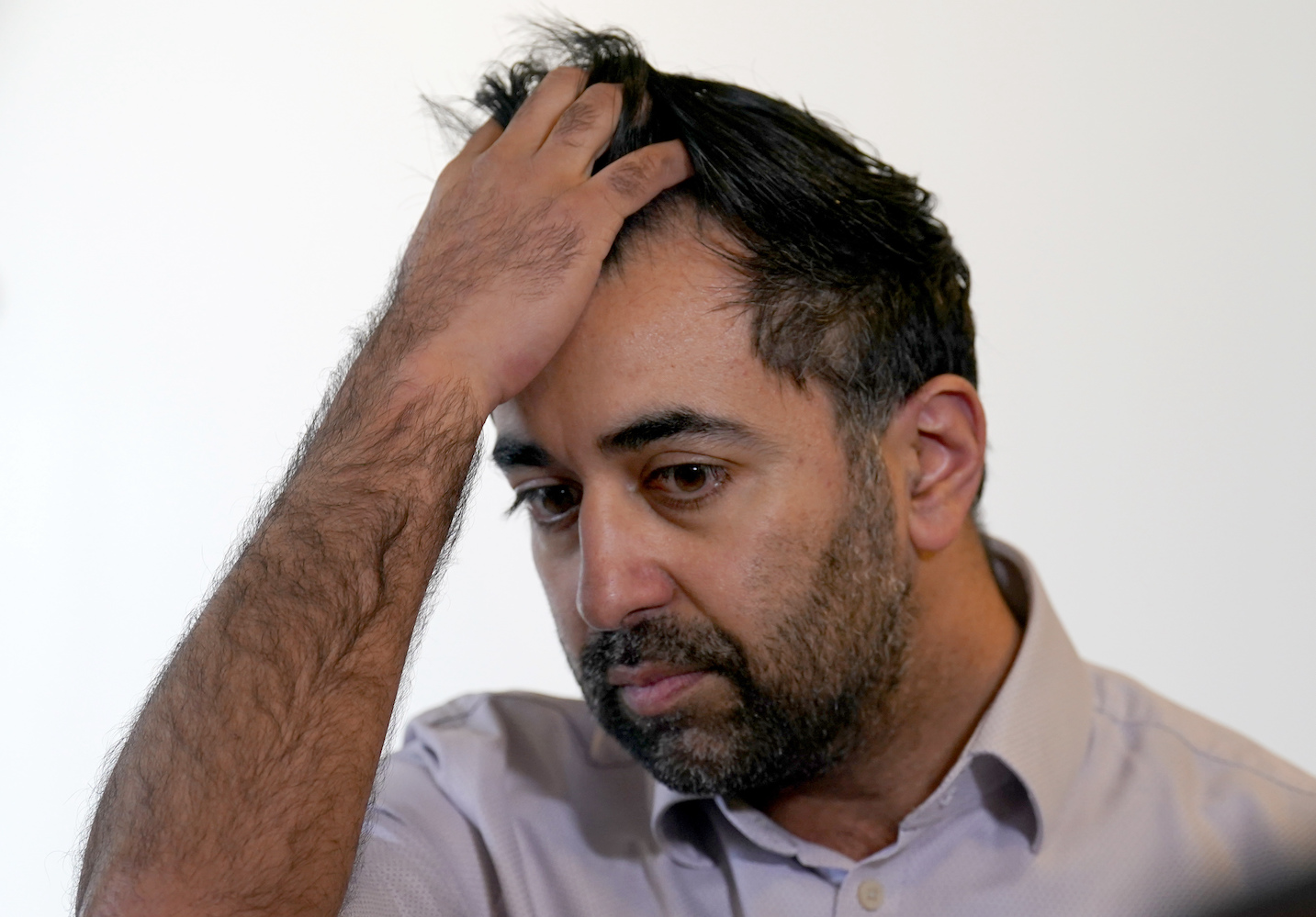“All political careers end in failure”, as Enoch Powell memorably observed. It still holds true, but these days they’re also ending earlier and earlier — and it seems to be a peculiarly British phenomenon. Humza Yousaf has resigned as Scotland’s first minister aged just 39, meaning his political career is effectively over before his fourth decade is out. David Cameron left Downing Street aged 49. Liz Truss was 47. If, as expected, Rishi Sunak loses the next election, he’ll be an ex-prime minister aged just 44. Meanwhile, in the US, Donald Trump and Joe Biden are in their eighth and ninth decade, respectively. What’s going on?
It can partly be explained by the relative turbulence of British politics over the past decade. The high turnover of prime ministers has made it easier for MPs to rise and fall in record time. At the 2019 election, hardly anyone outside Westminster had heard of Rishi Sunak. Since then, he’s been PM, chancellor, chief secretary to the Treasury, and run in two Tory leadership contests. Few expect him to hang around in UK politics once out of office. His entire political career will have been shorter than the lifespan of a goldfish.
***Politics.co.uk is the UK’s leading digital-only political website, providing comprehensive coverage of UK politics. Subscribe to our daily newsletter here.***
But perhaps there’s more to it than recent events. Perhaps our modern political culture disincentivises sticking around? Take George Osborne, for example. When Theresa May sacked him as chancellor in 2016 he was just 45. He had two options available to him. The first, to wait patiently on the backbenches, potentially for decades, hoping for a rare opportunity to come out of the wilderness. Or the second, to quit parliament and make stack loads of dosh. It’s a no-brainer, as Osborne’s subsequent career has shown, encompassing everything from editing the Evening Standard and being chair of the British Museum to investment banking with Robey Warshaw and podcasting with Ed Balls.


The problem is that, ultimately, Britain is poorer for losing so much political talent so young. William Hague’s weekly column for The Times is a must-read — but wouldn’t it be better if his wisdom was being imparted around the cabinet table? Rory Stewart’s podcast, The Rest Is Politics, has become such a phenomenon they’re now doing live shows at the O2 Arena — but wouldn’t he be more fulfilled running a government department? David Miliband is doing valuable work running the International Rescue Committee — but couldn’t the Labour party do with his experience? From Clegg to Portillo, Balls to Davidson, there is an abundance of political talent deciding politics simply isn’t worth it anymore.
The unlikely comeback of David Cameron as foreign secretary has been a breath of fresh air. His experience and stature has brought renewed impetus to his department, and made the UK a more significant player in foreign policy. I hope his example is not a one-off. Which is why Humza Yousaf should stick around at Holyrood. Or Westminster. But in politics. His brief period as first minister will have been bruising, but it will have made him a better and wiser politician. He is less than half the age of the current US president — meaning there is still more than enough time for a comeback. All political careers may, indeed, end in failure — but please can we stop them ending so early?
Politics.co.uk is the UK’s leading digital-only political website, providing comprehensive coverage of UK politics. Subscribe to our daily newsletter here.












